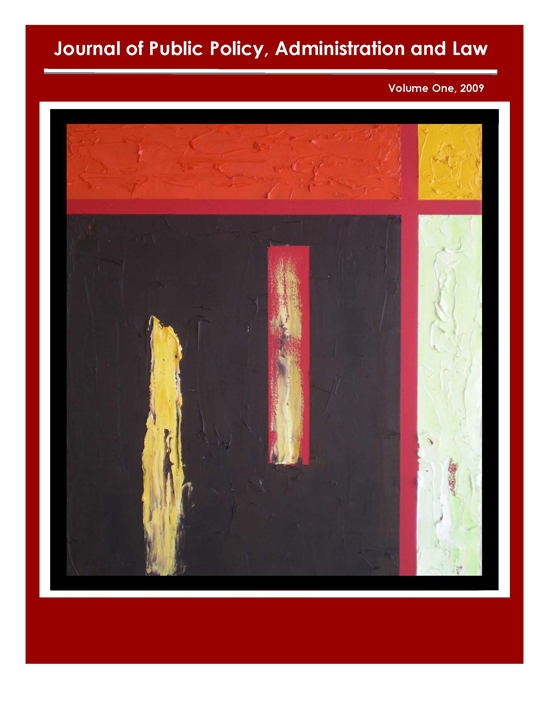Wrongful Life and Wrongful Birth: The Devaluation of Life with Disability
DOI:
https://doi.org/10.25071/1916-9272.19130Abstract
In this article, the author argues that both wrongful life and wrongful birth suits promote attitudes that devalue the lives of people with disabilities. She begins by accounting for the nature and history of wrongful life and wrongful birth suits and presents key cases for each kind of suit. She moves on to argue that in wrongful life suits, the plaintiff must claim that non-existence is preferable to a life with disabilities. The defense and acceptance of such a claim contribute to the conceptualization of life with disability as a personal tragedy. In the wrongful birth cases analysed by the author, parents argue that they would have terminated their pregnancies if properly informed of the impairment-related risks. In light of the parents' admission, the author argues that in suits of this nature, the injury to parents is the child born, not the deprivation of informed choice. While parents are forced to take up the language of harm and burden – language that reinforces ableism – to qualify for the financial compensation awarded in wrongful life and wrongful birth cases, the responsibility for improving the lives of disabled people should be borne by society and taken up as a human rights issue.Downloads
Published
2009-11-26
How to Cite
Rinaldi, J. A. (2009). Wrongful Life and Wrongful Birth: The Devaluation of Life with Disability. The Journal of Public Policy, Administration, and Law, 1(1). https://doi.org/10.25071/1916-9272.19130
Issue
Section
Articles

